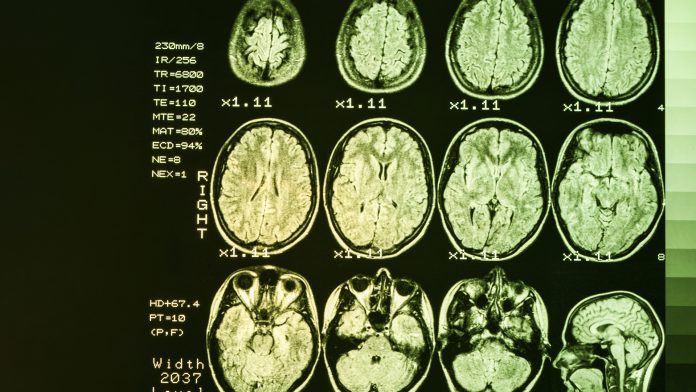
New revolutionary research illuminates that Huntington’s disease could manifest its effects in the in-utero stage.
Huntington’s disease is a rare genetic disorder affecting between five to ten people per 100,000 in Europe. A single mutation on the fourth chromosome of our genome causes the disease, resulting in a mutation in the protein Huntingtin. The normal role of this protein is not understood, but it plays a vital role in nerve cells, and causes the malfunction that contributes to the untington’s disease.
Dr Sandrine Humbert from the Grenoble Institute of Neurosciences has completed revolutionary work on Huntington’s disease and could open new opportunities for treatment. She will share her findings at the FENS 2022 Forum, the largest international neuroscience meeting.
What is Huntington’s disease?
Huntington’s disease is inherited from a person’s parents. Medical evidence has shown that if a parent has the Huntington’s gene, there is a 50% chance of their children developing the condition. Additionally, the gene can also be inherited by future children. However, there is a chance that offspring will not inherit this condition.
The diseases can cause various symptoms such as concentration issues, depression, stumbling and many more. There is currently no cure for Huntington’s disease or a way to stop its progression, however, some medications can reduce the impact of symptoms. Treatment can include medications for depression, occupational therapy, speech/language therapy and physiotherapy.
Shaping the future of medical treatment
Dr Humbert and a research team from various French institutes carried out a two-part study on animals and humans. They found that in mice, the malfunctioning protein impairs how brain cells are formed via neural progenitor cell division and how they migrate to the right place and mature within the central nervous system.
The researchers broadened their investigation and examined tissue from human foetuses that carried the Huntington’s disease mutation. At only 13 weeks of gestation, the tissues showed clear abnormalities, specifically in the developing outer layer of the brain (cortex). This region of the brain plays a key role in the higher-level processes of the human brain like the perception of senses, emotions, decision-making, language ability and much more.
This indicates that Huntington’s disease could have a neurodevelopmental element, and new molecular treatment could be required for patients at an early age.









